– For us, the Hungary-Poland friendship is not a myth but a lived reality, President Tamas Sulyok emphasised in Kaposvar on Friday.
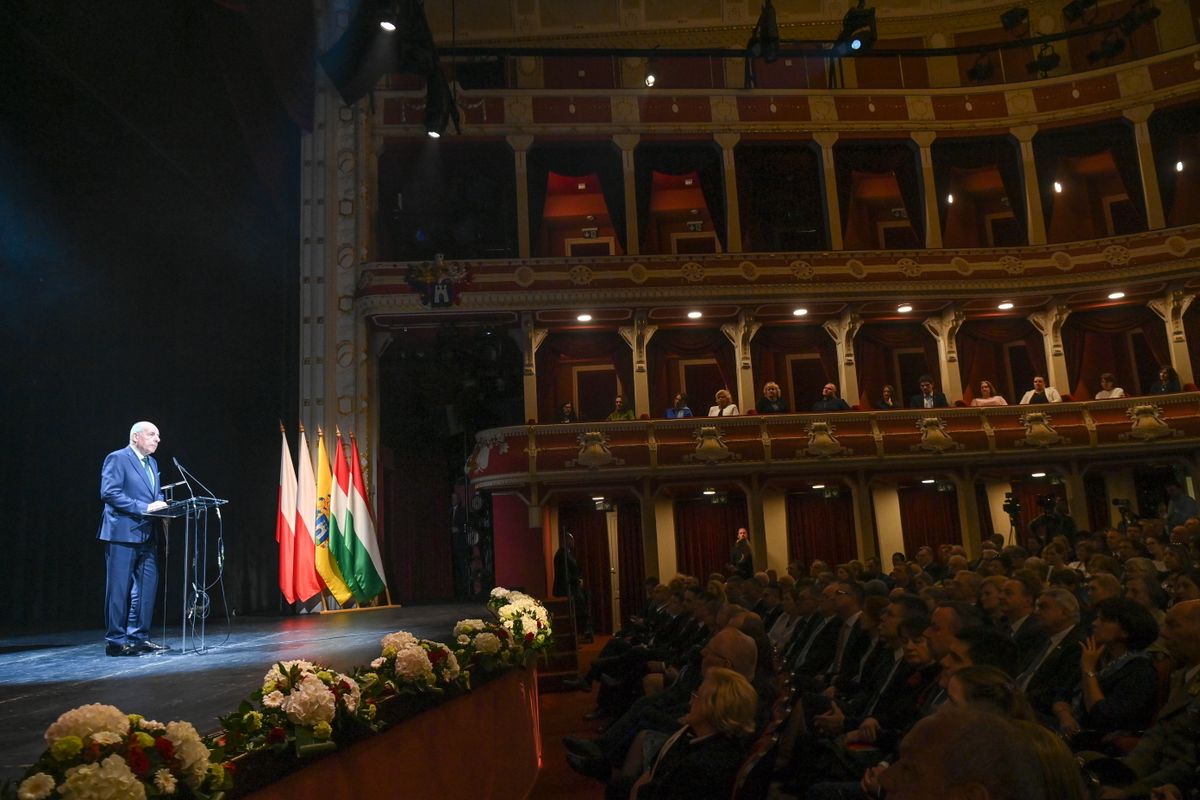
In his speech preceding the gala at the Csiky Gergely Theatre in honour of the Day of Polish-Hungarian Friendship, Hungary's head of state highlighted that this friendship is not confined to particular episodes of history, but pervades our lives. It is not merely valid when our interests coincide; rather, it is a constant and present fact. It does not depend on current political cooperation or lack thereof; it is deeper than that, and therefore cannot be destroyed by political intrigue or the creation of enemy images, he added. President Sulyok expressed his belief that nothing can cast a shadow over, break apart, or undermine the freely chosen thousand-year friendship between the two nations, as it does not exist solely between states or nations, but is passed down from community to community, from person to person.
Can Poland forget that its patrons were Hungarian princesses? Can Hungary forget that its greatest military leader was a Polish freedom fighter? Can we forget that we've shed our blood in each other’s struggles for freedom? Can we forget the Polish Legion of 1848 or the Hungarian volunteers in Polish uprisings? Can we forget the friendship of Henryk Slawik and Jozsef Antall Sr., which saved thousands of lives? Can we forget our mutual support in 1956? I believe we never will, and we Hungarians certainly never shall,
– he declared.
President Sulyok also remarked that Hungarians are a kinless people in the heart of Europe, who came from the East but found their homeland in the West. Their language is unknown to others and resembles no other; it can only be understood by those who receive it as their mother tongue or by those determined enough to master it. This kinslessness has sometimes proved a curse, and a blessing at other times: it has taught us that we can only rely on ourselves, that we must not wait for others, that our national existence and culture matter only to us, that our values are precious only to us, and that we cannot expect others to preserve, protect, or nurture them on our behalf, he elaborated.
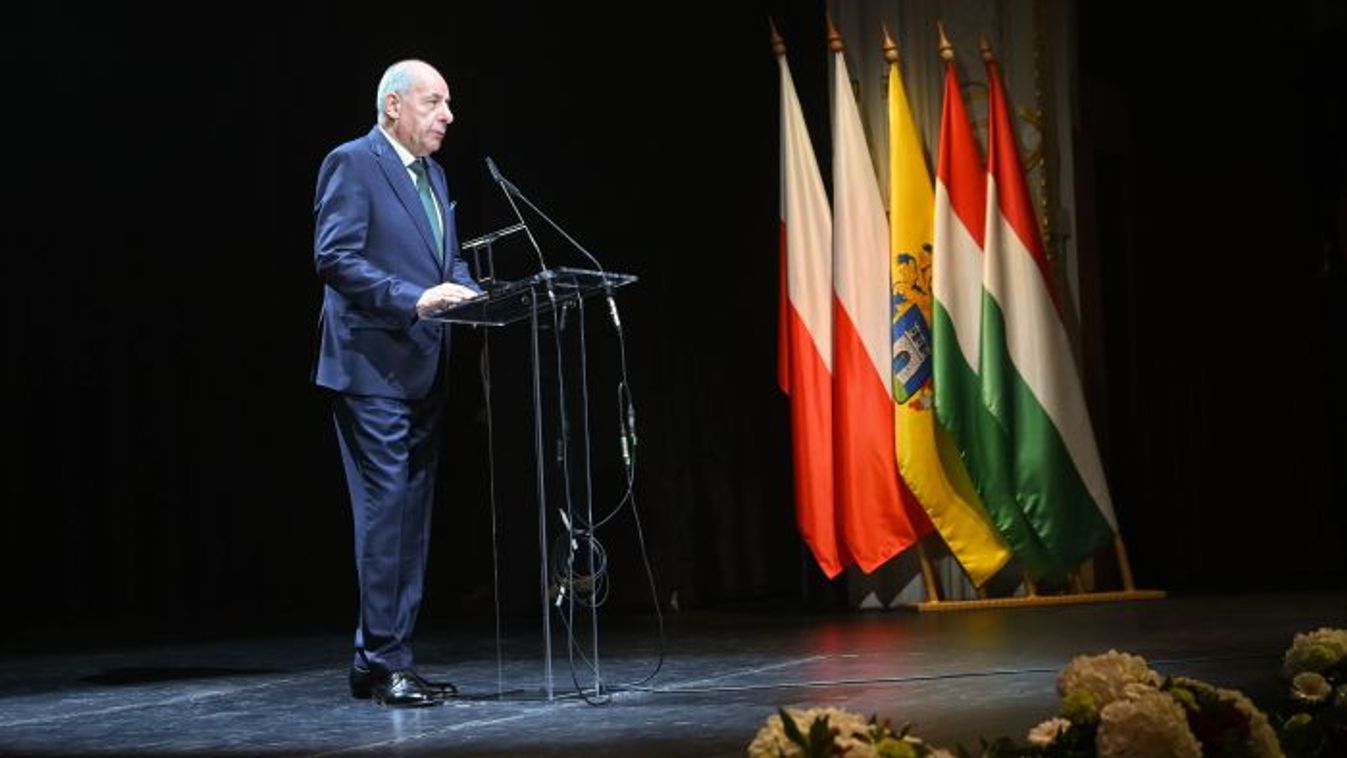
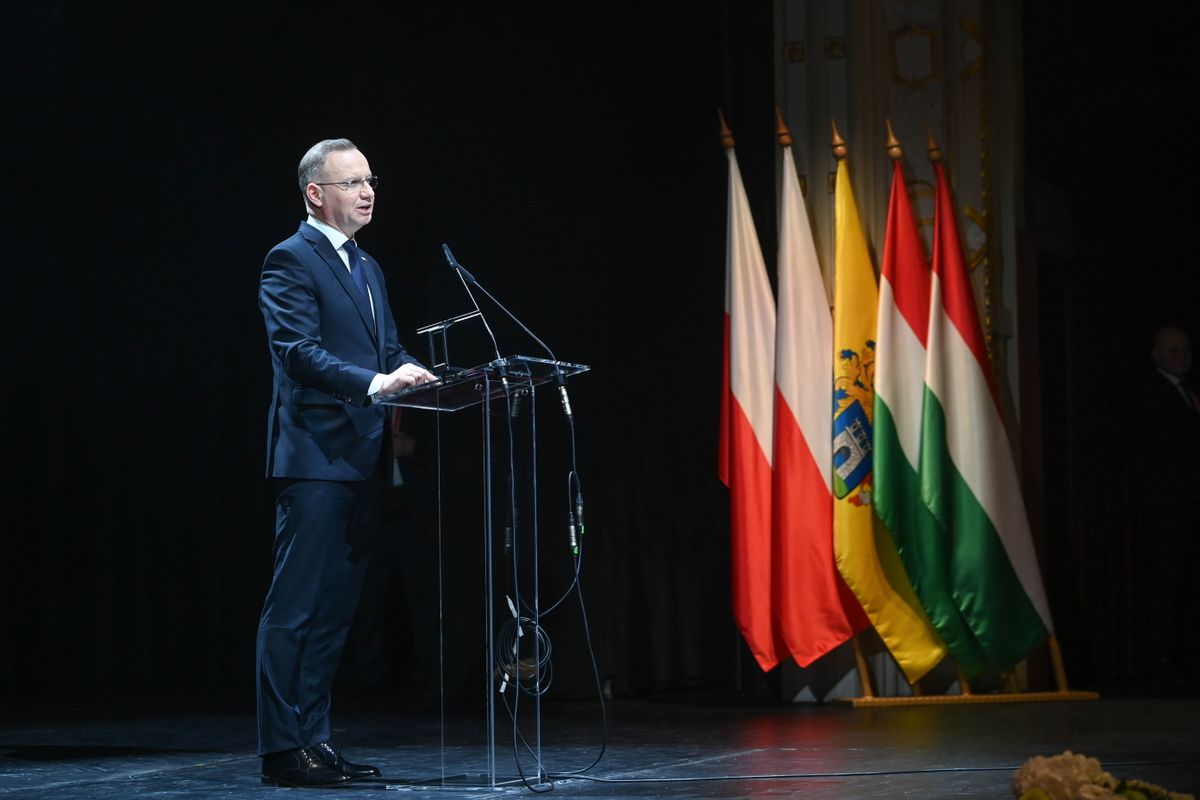
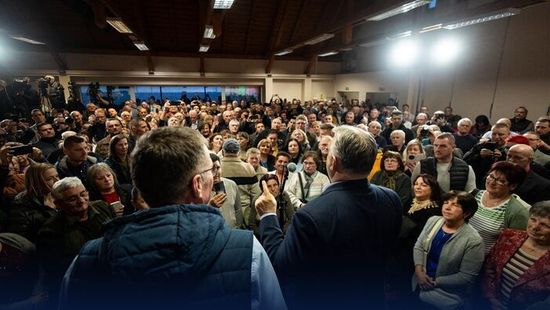
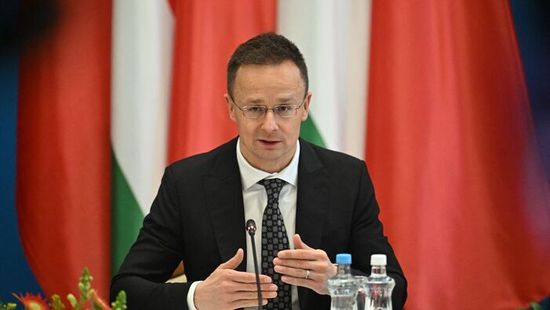
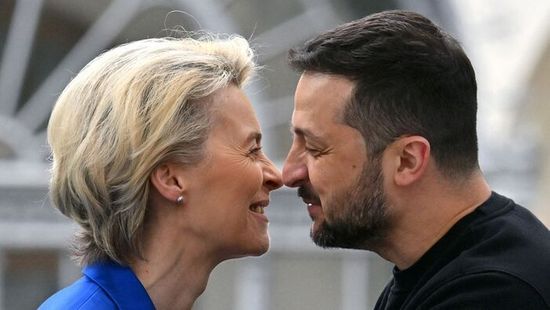
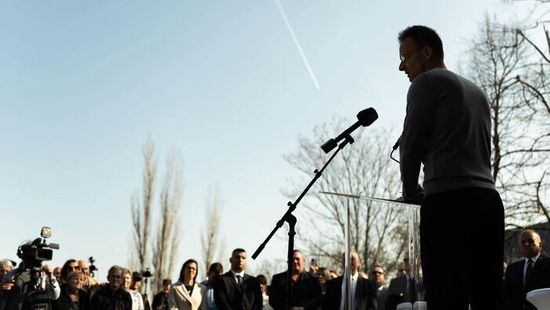

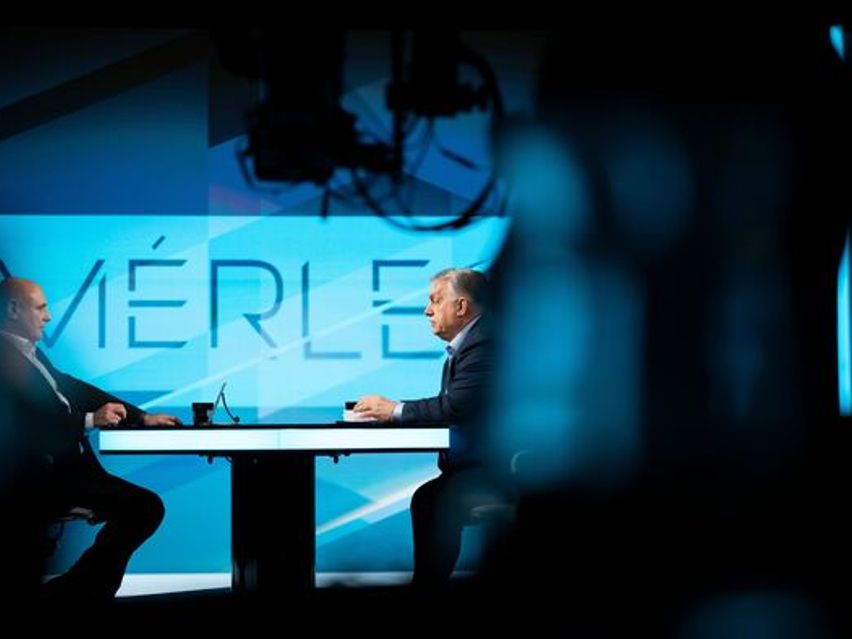
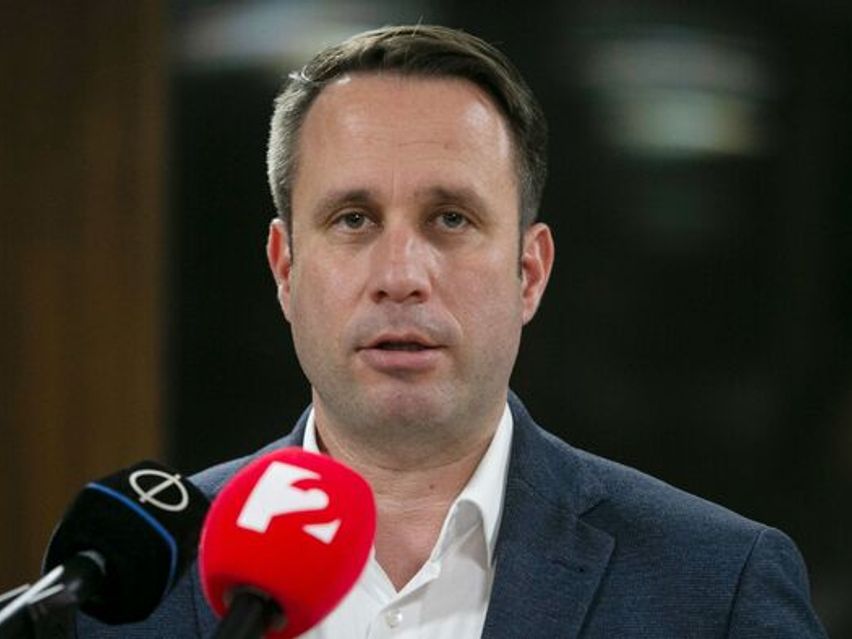
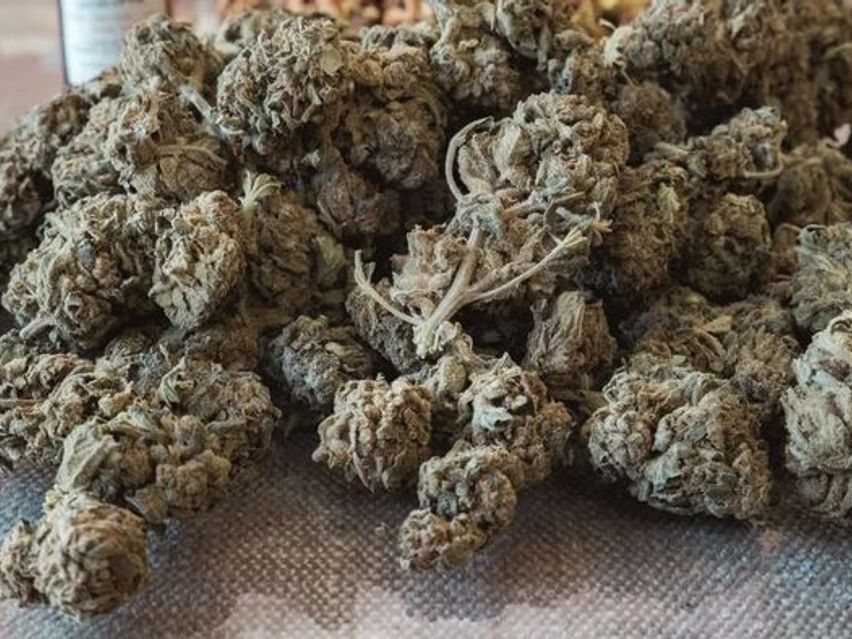
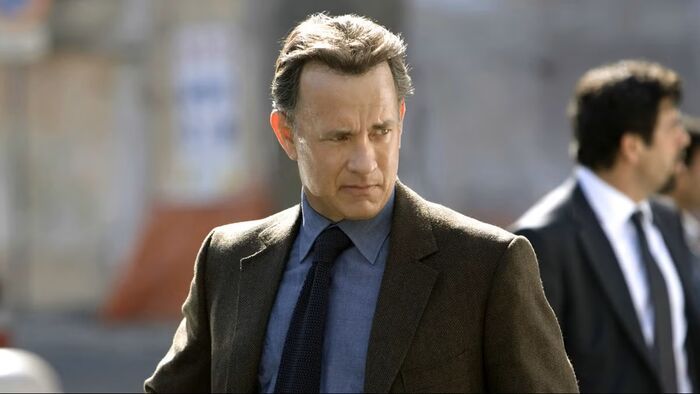

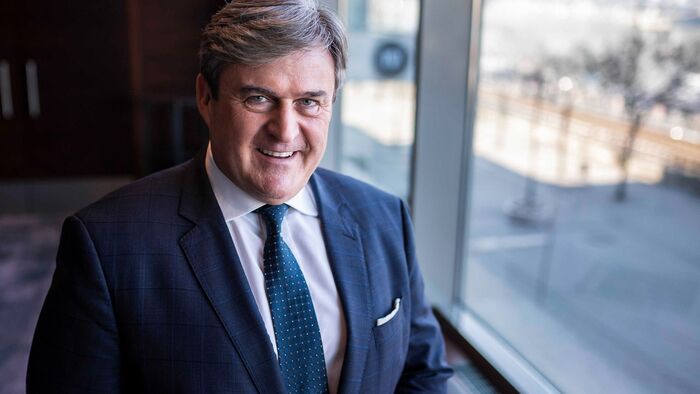
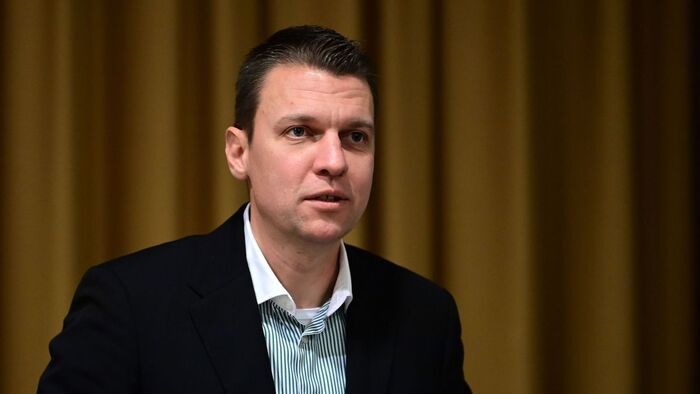
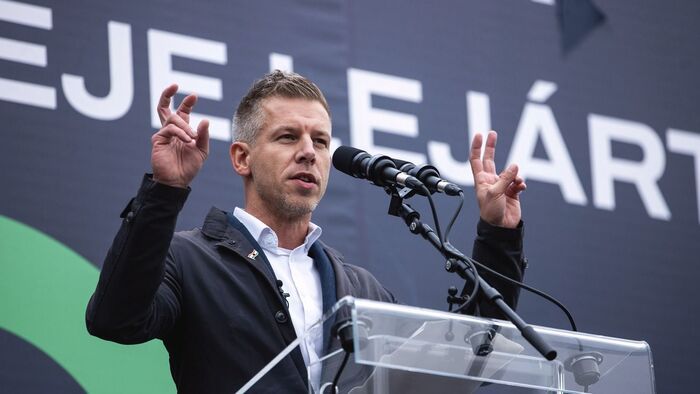

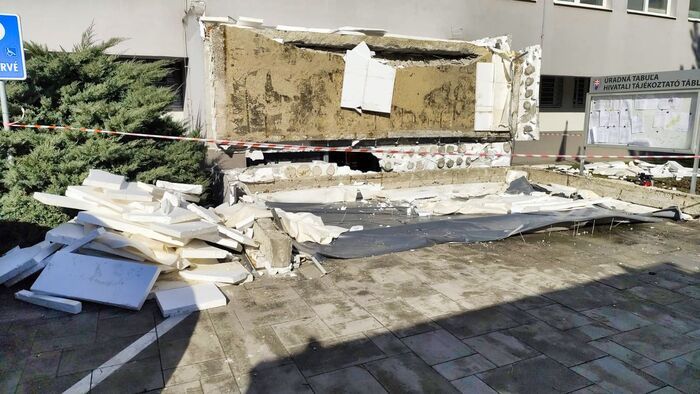

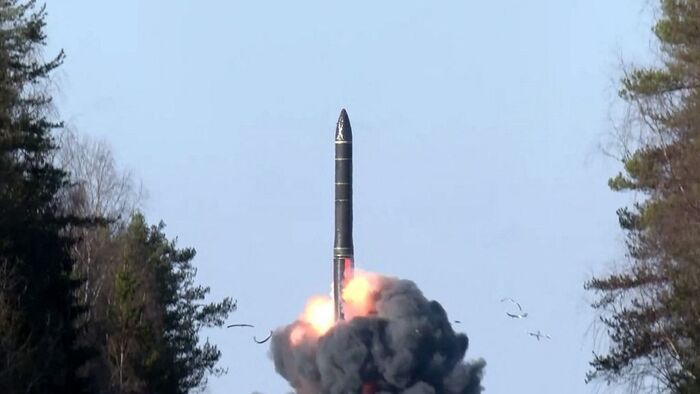


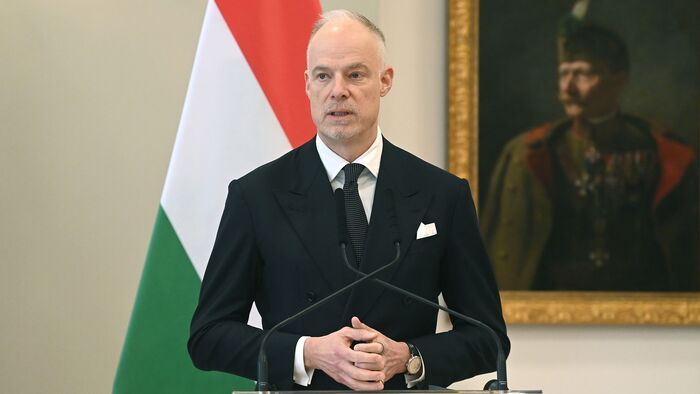
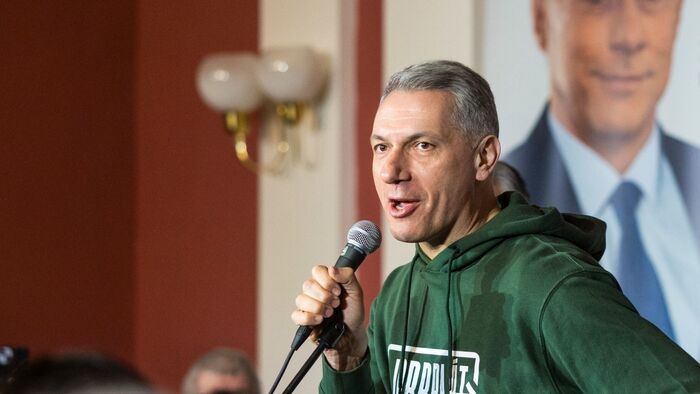

Szóljon hozzá!
Jelenleg csak a hozzászólások egy kis részét látja. Hozzászóláshoz és a további kommentek megtekintéséhez lépjen be, vagy regisztráljon!